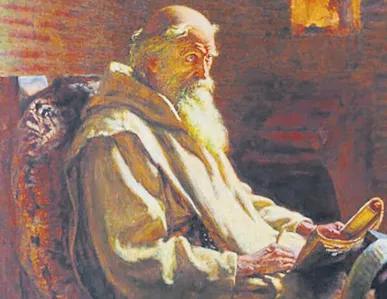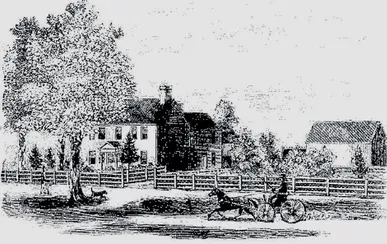
history
Bede, the quiet monk who lived through events that shook the world

Michael Haykin
Date posted: 1 Dec 2020
If I were asked which historian I would love to meet apart from the Biblical authors, I would say, without hesitation, Bede (c. 673–735).
An English Benedictine monk and scholar, Bede is chiefly known for his Church History of the English People (Historia Ecclesiastica Gentis Anglorum), a history of England from the Roman occupation to 731, the year that it was completed. In the Middle Ages, though, Bede was equally known for his 20 or so commentaries on various books of the Bible and a work on the Lord’s Prayer. In all, Bede wrote about 40 works, nearly all of which are extant. Regretfully, one that we do not have is his translation of the Gospel of John into Anglo-Saxon.

history
A passion for purple

Michael Haykin
Date posted: 1 Apr 2020
In 1856, English chemistry student William
Henry Perkin (1838–1907) was looking for
a cure for malaria – he stumbled upon a way
to make a synthetic purple dye from coal tar.
In so doing, he
literally changed history,
for his discovery led to advances in medicine,
photography, perfumery, food production, and
revolutionised the fashion industry.

history
Loving the lost: following the example of Jonathan Edwards

Michael Haykin
Date posted: 1 Feb 2020
When Jonathan Edwards, who has been rightly described as ‘America’s Augustine’, left his pastoral charge in Northampton, Massachusetts in 1750, he received a number of ‘attractive’ ministry offers, including the presidency of a theological college in Scotland. He chose instead to go with his family to a small out-of-the-way frontier village by the name of Stockbridge, Massachusetts. Why this unusual choice?
Some have surmised that Edwards settled in Stockbridge because the rigours of ministry among a smaller congregation, which consisted mostly of Mahican Indians, would prove minimal, and he could then devote himself largely to his study and the major treatises that he wanted to write books on such issues as free will and original sin.